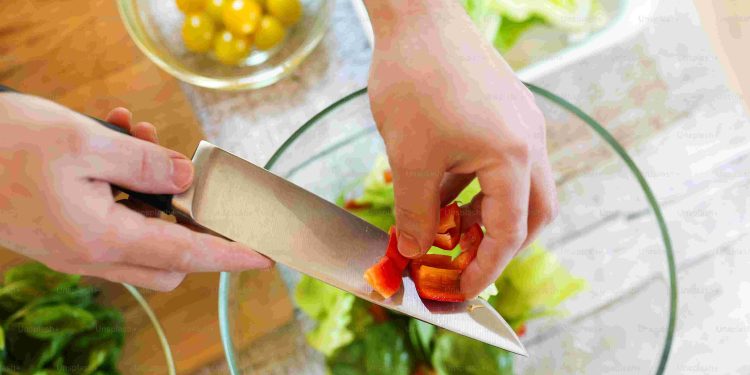Easy Healthy Recipes for Busy Lifestyles
Breaking the Myth: Healthy Eating is Not Time-Consuming
“I just don’t have the time.” These words, often spoken in exasperation, are the anthem of modern life. But what if I told you that this commonly accepted wisdom is flawed? Eating healthily doesn’t have to mean hours in the kitchen. In fact, the biggest obstacle to healthy eating is not lack of time—it’s the lack of a strategy. We are told by countless cookbooks and TV shows that health and convenience are opposing forces, but this is a false dichotomy. With a mix of planning, creativity, and some advances in modern technology, you can maintain a healthy diet even on the busiest of days.
The Personal Perspective: Lessons From a Hectic Life
As someone juggling a career, a family, and side projects, I know what it feels like to prioritize everything except cooking. It wasn’t until I physically started to feel the effects of constant takeout—lethargy, weight gain, and a never-ending cycle of digestive issues—that I decided something had to change. But my solution didn’t involve subscribing to meal prep services or buying extravagant tools. Instead, it came from rethinking my mindset about food, structure, and what I could realistically do in a day.
If my experience has taught me anything, it’s this: simple systems and smarter approaches are infinitely more manageable than trying to overhaul your life in one go. And once you start, the benefits snowball—not just in how you feel, but in how you approach other challenges in life.
The Societal Connection: Why Convenience Wins
The fast-paced modern society primes us for convenience. Industries—from food delivery apps to ready-to-eat frozen meals—capitalize on a cultural ideal that positions productivity over personal health. According to a recent study by the CDC, fewer than 10% of Americans reach the daily recommended intake of vegetables. The issue isn’t ignorance; it’s a system that often pits time-saving against nutritional value. Modern systems reward speed, and food companies design their products to prioritize shelf-life and marketability over health.
Interestingly, these systemic inefficiencies open a window of opportunity for home cooks, even those with little time. New technologies, such as multi-cookers and high-speed blenders, have made cooking fresh, balanced meals faster than ever before. In a way, by taking back control of what we prepare and consume, we challenge the prevailing system that profits from manufactured dependency.
Practical Tips: Steps to Simplify Healthy Cooking
-
Stock your kitchen with essentials:
Always have items like olive oil, canned beans, frozen vegetables, and spices. These can form the backbone of most quick recipes. -
Use your Sundays wisely:
Dedicate one hour each weekend to prepping ingredients like washed greens, chopped vegetables, and portioned proteins. This small step will save you infinite time during the week. -
Master one-pot and sheet-pan recipes:
Instead of juggling multiple cooking methods, opt for meals that only require a single cooking vessel. -
Embrace technology:
Invest in tools like air fryers or electric pressure cookers. They reduce cooking time without compromising quality. -
Batch cook staples:
Make grains like quinoa or rice in bulk and repurpose them throughout the week for different meals.
Applications Beyond Food: Lessons From the Kitchen
Healthy cooking isn’t just about food—it’s about mindset. When you approach eating with intention, you naturally cultivate other life skills like problem-solving, organization, and adaptability. For instance, how you manage your pantry can mirror how you manage personal productivity: identify choke points and find streamlined solutions.
Academics in psychology argue that introducing manageable habits—such as dedicating 15 minutes daily to prioritizing meals—has a chain reaction that ripples into other dimensions of life. It’s a bit like how small investments compound over time in the financial world.
Looking Ahead: The Future of Cooking
In the years to come, we will likely see the intersection of technology and health escalate. Imagine apps that integrate wearable devices with personalized nutrition trackers, guiding you to specific recipes based on your exact needs and pantry inventory. Or consider artificial intelligence integrated into kitchens, suggesting recipe modifications automatically based on your available time and dietary goals.
But while the future is exciting, the core challenges remain timeless: healthy living requires conscious effort. However, that effort doesn’t need to be monumental. Small choices, like opting to cook a simple meal instead of reaching for processed options, build habits that eventually reshape not just your body, but also your mindset.















Discussion about this post